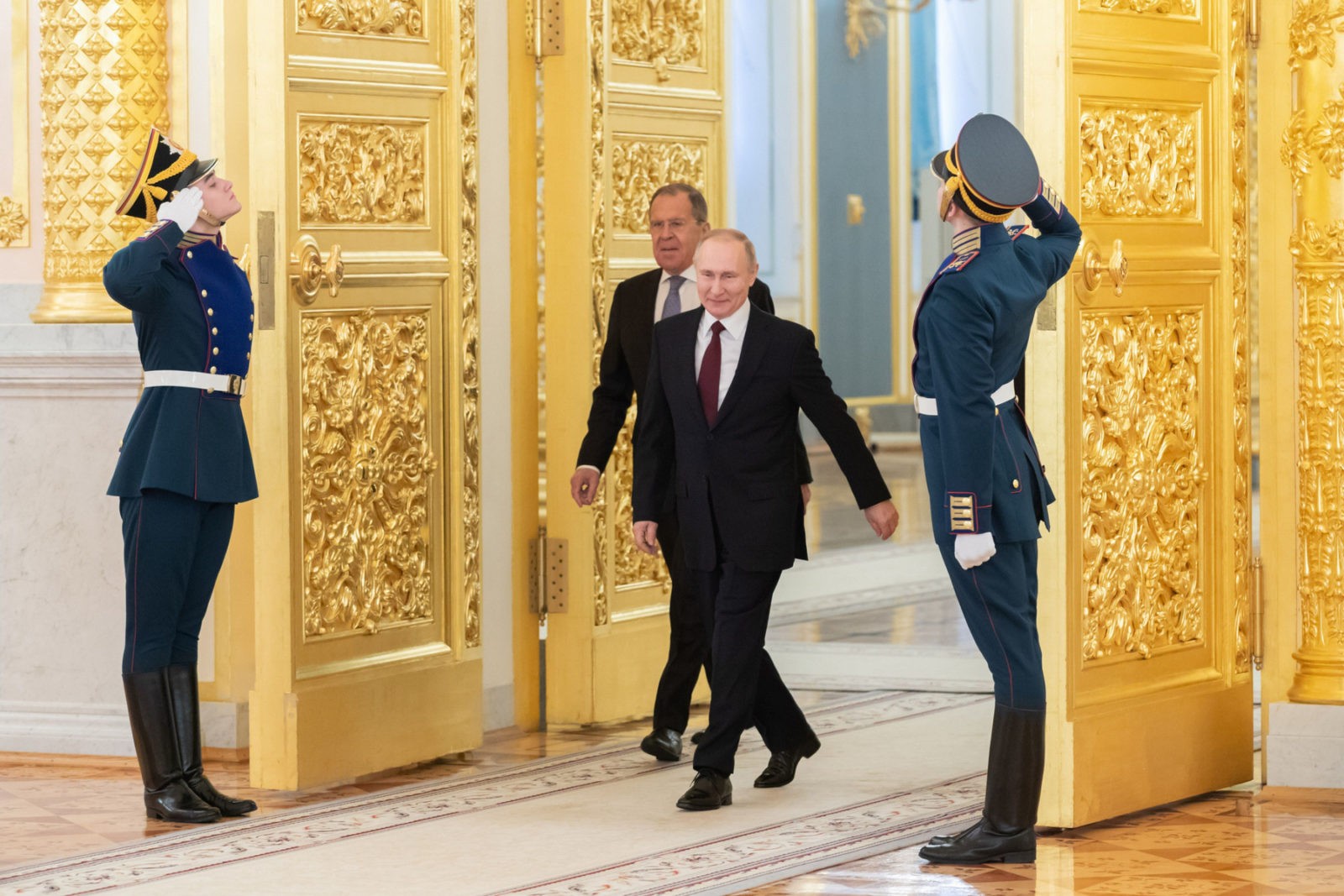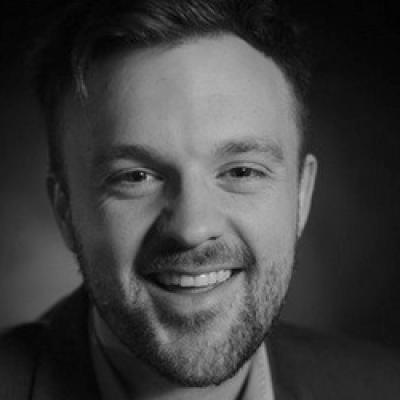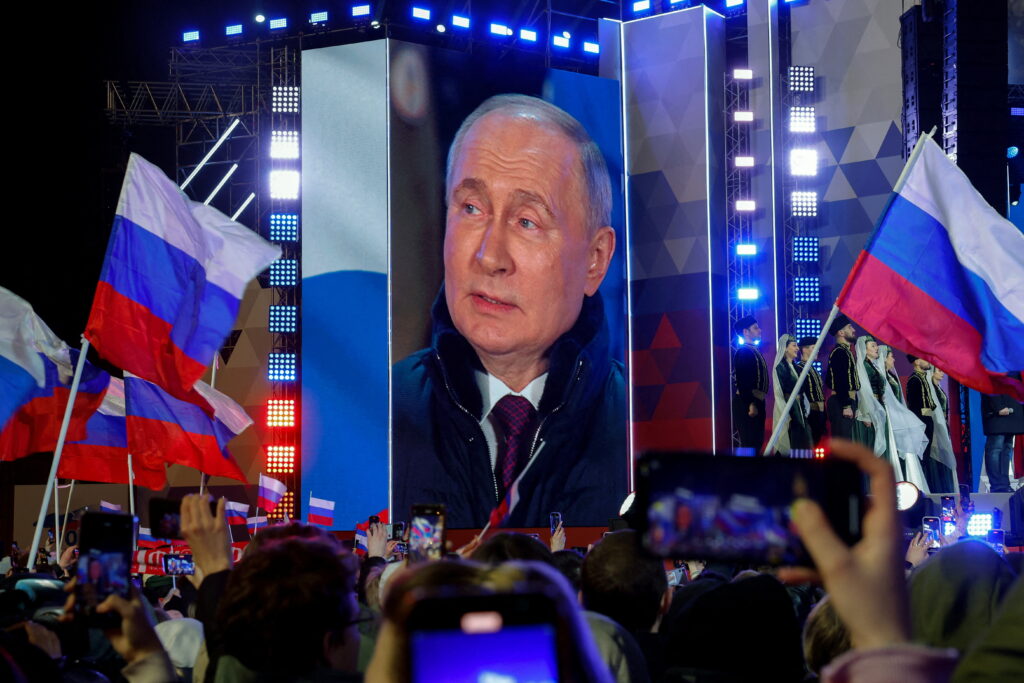Vladimir Putin’s 15 January Address to the Federal Assembly sparked a dizzying set of developments. Though the dust is still settling, this is my attempt to make sense of what’s happened so far.
In short, Putin seems to have tried to do at least six things at once. He wants to respond to growing calls for reform from Russian citizens, while making his own reform proposals seem as significant and attractive as possible – even if, in reality, these proposed changes are neither significant nor attractive. At the same time, he’s trying to tackle the “2024 question.” Though he is not doing this explicitly, his Address gives him options for what he might do to leave power — or (more likely) to stay in power in some capacity. Yet Putin is also delaying his definitive response to the “2024 question”, so as not to make himself a lame duck or put his own life and limb at risk. Finally, he wants to do all this in a way that allows him to show he’s still very much in command of the situation by setting the agenda, timing, and pace of change.
That’s my basic reading of the president’s plan. Whether it’s successful is another matter. Let me go through each of the six tasks in turn.
1. Responding to growing citizen calls for change
“Our society is clearly calling for change” – so said Putin on 15 January. The Kremlin is aware of the need for change – and is motivated to respond, if only from fear that the lack of reform will lead to more anger and protest. It’s not difficult to find evidence of this societal dissatisfaction. Russia’s ranking on the “happiness index” (put together by Gallup International) is at its lowest since 2013. The protests of summer 2019 centring on the Moscow City Duma elections and the 2018 pension reform demonstrations speak to Russians’ concerns about political rights and material security, respectively. For nuance on how these concerns vary by different segments of society, see Andrei Kolesnikov and Denis Volkov’s important analysis in a recent report.
2. Making reform proposals seem as significant as possible
The language used by Putin in his Address was telling. He said that “[a]ll of this means drastic changes to the political system.” That’s a rhetorical departure from Putin’s usual language of caution and stability, particularly in relation to possible political reforms. Beyond this shift, the sheer range of areas of change touched upon – from social policy, to executive-legislative relations, to the Constitutional Court – also convey significance. And it looks like the messaging worked: 61% of Russians think points included in the Address will have a serious influence on the life of the country.
But we shouldn’t necessarily be swept along by all this. It’s one thing to say that important change will take place; it’s quite another for reforms to make a meaningful difference to everyday political life and the lives of Russian citizens. Many of the constitutional reform proposals relate to institutional changes – and we should all be well aware of the secondary importance in Russia of formal rules to the primacy of informal practices, norms, conventions, and networks of patronage and power that actually structure politics.
Moreover, some of the changes appear decorative. Take, for example, the requirement for the president to consult the Federation Council when appointing silovik members of the government. The mere need to consult would not meaningfully constrain the head of state’s decision-making process.
3. Making reform proposals seem as attractive as possible.
It’s no mistake that only the final bit of Putin’s Address touched on constitutional reform proposals. This followed a much longer section, which is of more interest to a majority of Russian citizens. Included in the bulk of the Address were references to the 75th anniversary of Russia’s victory in the Great Patriotic War and the commitment to spend considerable resources on “maternity capital” – a policy to ease the country’s demographic crisis. Overall, Putin made some other attractive social policy promises, including to index pensions, to ensure that the minimum wage is never below the subsistence minimum, and to provide free hot meals to primary school students. He also underscored the focus on strengthening Russia’s sovereignty by tightening citizenship and residency requirements for official posts, and by stating that international law and international agreements would be valid in the country “only to the point that they do not restrict the rights and freedoms of our people and citizens and do not contradict our Constitution”
The latest polling suggests – unsurprisingly – that the social policy reforms went down well with the Russian public. A nationwide telephone poll conducted by Kremlin-friendly VTsIOM found that 91% of Russians are positive about indexing pensions and 90% are positive about keeping the minimum wage above the subsistence minimum. The institutional changes are – also unsurprisingly – markedly less popular. But they still have a majority backing. For example, 66% of Russians back removing the word “podryad” (consecutive) from article 81 on presidential term limits. Interestingly, only 61% support giving the State Duma the power to confirm members of the government. But that fits in with the low regard many Russians have for the lower chamber of the national-level legislature.
The removal of Prime Minister Dmitry Medvedev and his government was also meant as a popular move. Before his removal, Medvedev’ approval rating was a measly 38%, according to the Levada Centre. Although being barely weeks into office, Mikhail Mishustin’s first approval rating was already a much healthier 48%.
All in all, the goal was to make this reform moment the precise opposite of the 2018 pension reform episode: a complex set of changes, framed as being focused on improving people’s lives. With the promise of a nationwide vote, there was a nod to the procedural legitimacy afforded by popular consultation – something largely absent from the pension reform saga.
4. Tackling the “2024 question”
Many people are sick of the question, if not asked outright, then lurking behind many discussions of contemporary Russian politics: What will Putin do in 2024, when his current presidential term runs out? Putin didn’t give clarity on the matter in his Address. What he did do was create options that would allow him to stay in power in some capacity. The most-noted options are of Putin becoming the head of a renewed, constitutionally anchored State Council (entirely possible), becoming the prime minister (less likely, given Putin’s lack of interest in mundane policy questions), or becoming the head of a truly unified Belarus-Russian state (highly unlikely). More leftfield (and, to be honest, slightly bonkers) suggestions have included him becoming the chairman of the Constitutional Court or the speaker of the Federation Council.
Even if Putin didn’t state so explicitly, it’s telling that 47% of Russians interpreted the president’s Address as tackling the “2024 question”. Moreover, around 60% of Russians want Putin to stay in some sort of leadership role, including 27% who want him to remain as president from 2024.
5. Maintaining uncertainty
Even if many Russians understood the true purpose of the Address, Putin did not, of course, state this openly. Nor did he make clear which pathway he is likely to take in 2024. But that’s entirely understandable. If the sitting president had said “I’ll retire completely from politics in 2024”, then he’d see an immediate reduction in power – and it could set off a violent, chaotic scramble for power between the competing groups making up Russia’s social, economic, and political elites.
Part of the uncertainty relates to interpreting how the proposed changes will affect the power of the presidency. Even though Putin’s Address made it seem as though meaningful powers would be moved away from the presidency to the legislature and the prime minister’s office, the reality as spelled out in the constitutional reform bill sent to the State Duma was less clear. On the one hand, the president will be legally obliged to appoint as executive ministers those individuals confirmed by the State Duma, following the proposal of these individuals by the prime minister. So, less power. On the other hand, the president gains a “super-veto” – the authority to send to the Constitutional Court for a review of constitutionality bills for which the State Duma and the Federation Council have already overridden a presidential veto. If the Court finds that such initiatives are, in fact, unconstitutional, then the president will not be required to sign them into law. So, more power.
If pressed on the issue, I’d say that presidential powers would increase were these constitutional amendments to be adopted. But, as already noted, executive power in Russia stems from much more than the black letter of the law. Much hangs on whether the Kremlin will continue to be able to rely on support from a (super-)majority in the Duma.
6. Demonstrating control
As well as attempting all five points noted above, Putin is – as ever – concerned with demonstrating control. That might explain the choice of Address date – the previous two Addresses to the Federal Assembly took place later in the year (20 February and 1 March). By holding this year’s Address in the middle of January, Putin seized the initiative while many Russians were not quite back to 100% following the New Year festivities.
This sixth point might also explain the rapid steps taken following his speech, including: the removal of Medvedev and his government; the announcement of the constitutional reform working group; the introduction of the reform bill into the State Duma on 20 January; and the bill’s first reading on 23 January. This fast pace is a tactic to retain agenda control.
And yet, there’s a basic tension in Putin’s proposals between the overall framing (of empowering Russian citizens) and the method of introducing these changes (through the suggestions of a “super-president” acting decisively and relying on loyal actors to implement his wishes). The president said that the people “must be actively involved in this [reform] process”, but the Kremlin has stumbled when moving from the symbolic offering of a nationwide vote to the reality of actually sorting out the logistics and fitting it into the formal procedure for making constitutional changes, all the while minimising opportunities for the opposition to use the vote as a chance to signal further dissatisfaction. Indeed, because of these problems, we’ve seen a recent change of pace, with the reform bill’s second reading in the State Duma being delayed, likely until the end of February or the beginning of March.
Next steps
It’s important to see what happens during the bill’s second reading in the State Duma, as that’s the decisive point at which changes will (or will not) be made to the bill. Looking further ahead, it’s also important to think about how United Russia fits into all this. The current political system functions in large part because of the “unity of purpose” between the executive and the legislature – at all levels of the federation – that is provided by the “party of power” holding assembly majorities (as well as by systemic opposition parties being co-opted by the Kremlin). It’s for that very reason that United Russia’s current polling figures worry the Presidential Administration. Never mind the “2024 question” – the “2021 question” is pressing. The regional elections on 13 September might give a sense of whether other reforms, tweaks, and changes are likely leading into next year’s federal parliamentary elections – elections that will play a crucial role in the second half of Putin’s fourth (and final?) presidential term.










